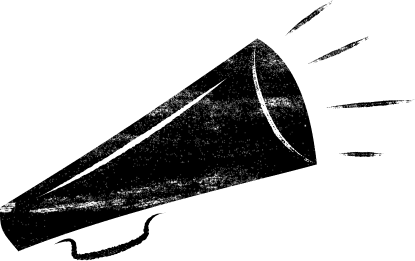Paula Towers speaks to the psychologist spearheading what is believed to be the world’s first survey of loneliness in a Jewish community
AS THE PANDEMIC highlights the risks of isolation across all sections of society, a survey has been launched to uncover the extent of loneliness within the Australian Jewish community.
The survey, spearheaded by Sydney clinical psychologist Dr Eva Lowy as part of a wider study by the Combat Loneliness Taskforce, is being conducted community-wide but does not gather any personal or contact information.
Believed to be the first survey of loneliness of a Jewish community in the world, the taskforce is initially focusing on the Sydney/NSW community. “Depending upon the outcome and findings, we may replicate the study in other areas,” Lowy told The Jewish Independent.
Major community organisations that have jumped on board include the NSW Jewish Board of Deputies, AUJS, as well as the Great, Central, South Head and Coogee synagogues.
“We are really hoping to get figures right across the age groups,” Lowy said. “There’s been a commitment from a number of synagogues and representative organisations, who have kindly agreed to publicise the survey and encourage their members to participate.”
The taskforce is initially focusing on the NSW community. “Depending upon the outcome, we may replicate the study in other areas
The researchers aim to close the survey by the end of the month “so we can analyse the data and share it with the community, with the organisations that have participated and probably further afield as well,” Lowy said.
“We hope to complete the response collection process by early August and provide the study report to community organisations shortly thereafter.”
Combat Loneliness, which has launched the study, is comprised of health professionals and offers a research-based approach dedicated to increasing awareness and understanding of social isolation and loneliness in the Jewish community.
Current evidence reveals that the community is well placed to tackle this issue. “The Jewish community has a great advantage in being able to do something about this problem, because of the obvious connections that we already have,” Lowy said.
She said her interest was ignited by a growing global focus on the subject. In 2016, the British government established a commission on loneliness and in 2018, a government minister was given responsibility for addressing it.
Later that year, the British government became the first in the world to publish a loneliness reduction strategy, and the US soon established a committee to research and report on social isolation and loneliness. This year, Japan appointed a minister for isolation and loneliness.
Lowy then approached a Jewish organisation which takes care of the elderly. Completed last year prior to Covid, Lowy and her team conducted a telephone survey of its members using the well-regarded UCLA Loneliness questionnaire. “We found that 30 per cent ... said they were lonely …[which] correlated with people who were living alone.”
The results confirmed general research statistics, covering groups in Australia as well as overseas. Loneliness affects all age groups, with people living alone and young adults being particularly at risk.
“The interesting thing is that the research has also indicated that people over 65 are not, on the whole, as lonely as young people,” Lowy said.
Pre-Covid-19 surveys found that one in four Australians regularly experience loneliness. Lockdowns and prolonged self-isolation are believed to have increased that number. Humans are hardwired to connect. Lacking meaningful connections affects general well-being – regardless of age group – so this has been one of the key casualties of Covid-19.
Significantly, Lowy also pointed to further Australian research that discovered that turning up to a social event is not enough: people also need to feel affiliated with the organising group. “If you identify with that group, and if that group adds to your sense of social identity, then you’re much more likely to have your loneliness reduced by attending that group,” she said.
“I thought this is tailor-made for the Jewish community, which is a very close and protective one.”
Affiliation with a group or community organisation is not only likely to improve social isolation and loneliness, it also contributes to health and well-being – physically and emotionally.

Lonely Australians have significantly worse health status than connected Australians, contributing to illnesses such as elevated blood pressure, sleep disorders, decreases in cognitive health, faster progression of Alzheimer’s disease, and depression. Studies have also found that loneliness leads to poor lifestyle choices and outcomes including alcohol and substance abuse, smoking and obesity.
Stigmatisation of this issue is another knock-on effect that this survey is trying to rectify, Lowy says. “People feel it’s very stigmatising to acknowledge you’re lonely because they think: ‘There must be something wrong with me; why am I lonely?’
“It’s important … for the community to acknowledge that we’ve all been lonely at some time or another, we will be, and there’s nothing wrong with it. I felt that as a psychologist, talking about it would normalise the problem and that’s a sort of two-pronged approach to raise awareness so that people think, ‘Okay, the Jewish community has got my back, and there’s nothing really wrong with me’.”
All survey responses are anonymous and strictly confidential
Illustration: Avi Katz
